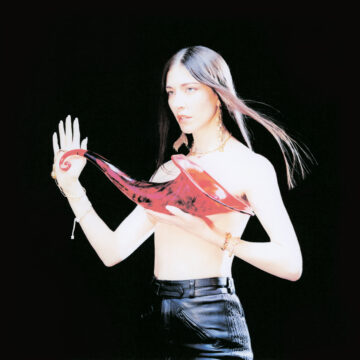
WEEKEND MUSIC PT. 59: CAROLINE POLACHEK
Echoes and Edges: Caroline Polachek steps into new soundscapes
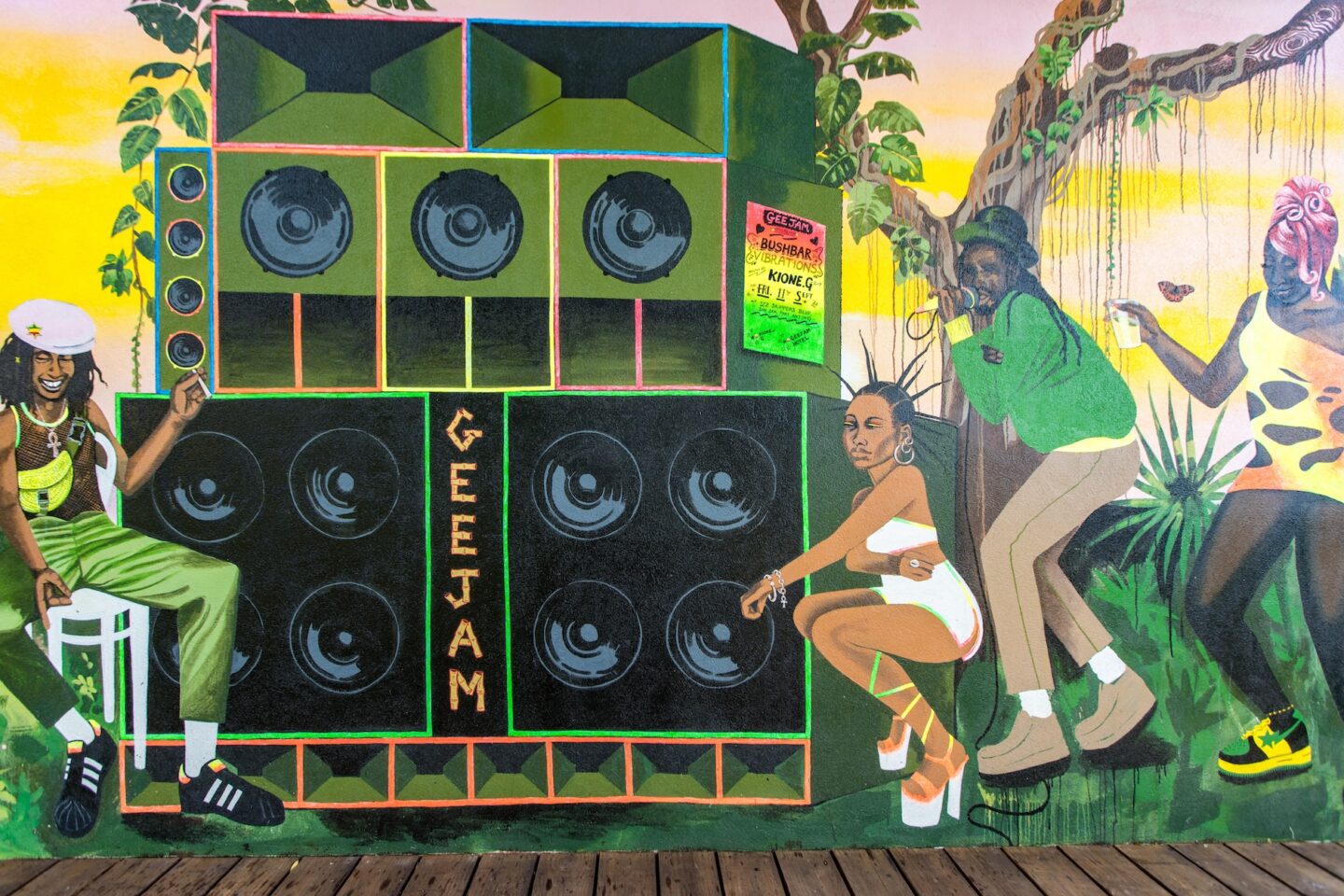
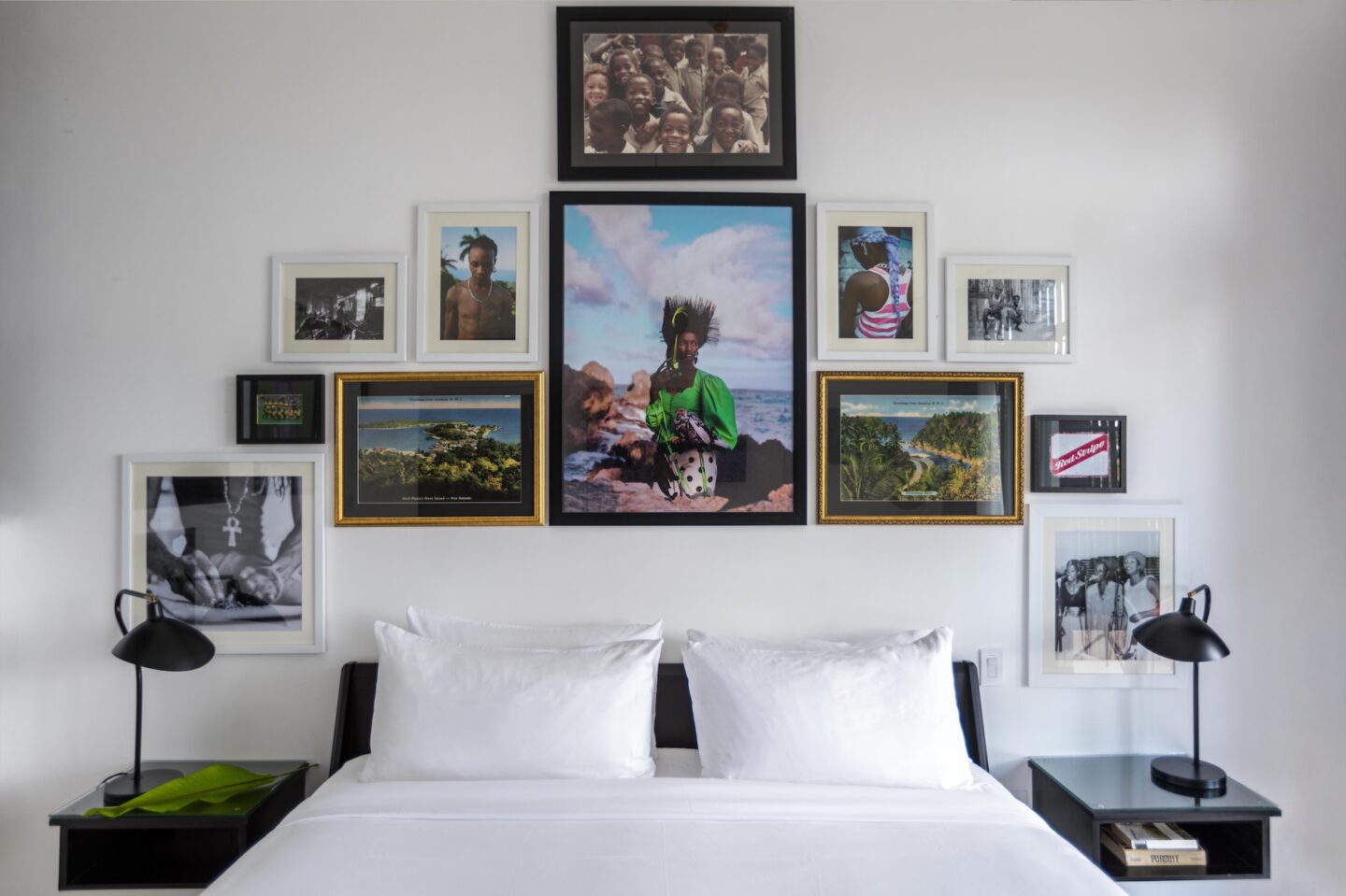
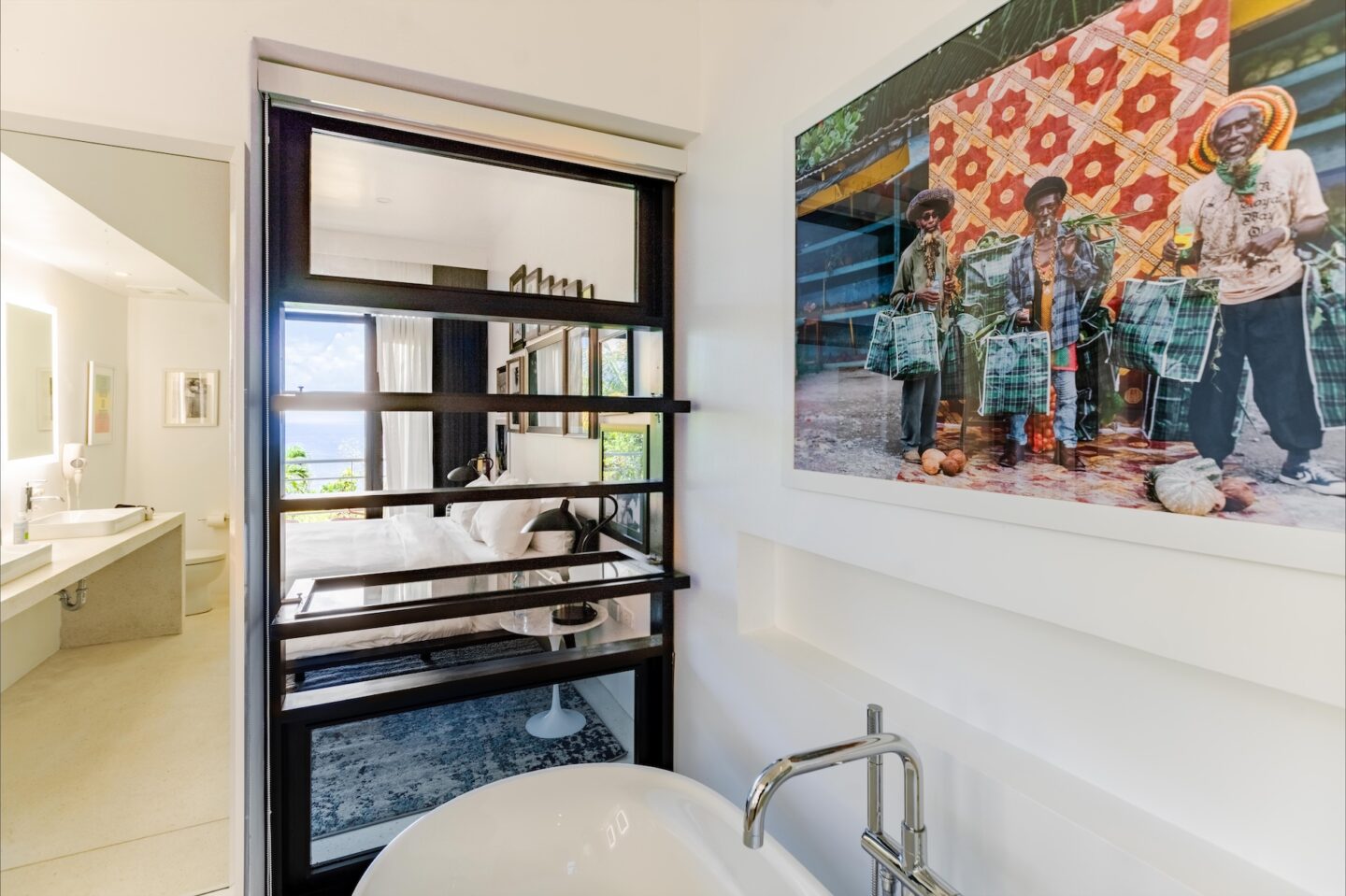
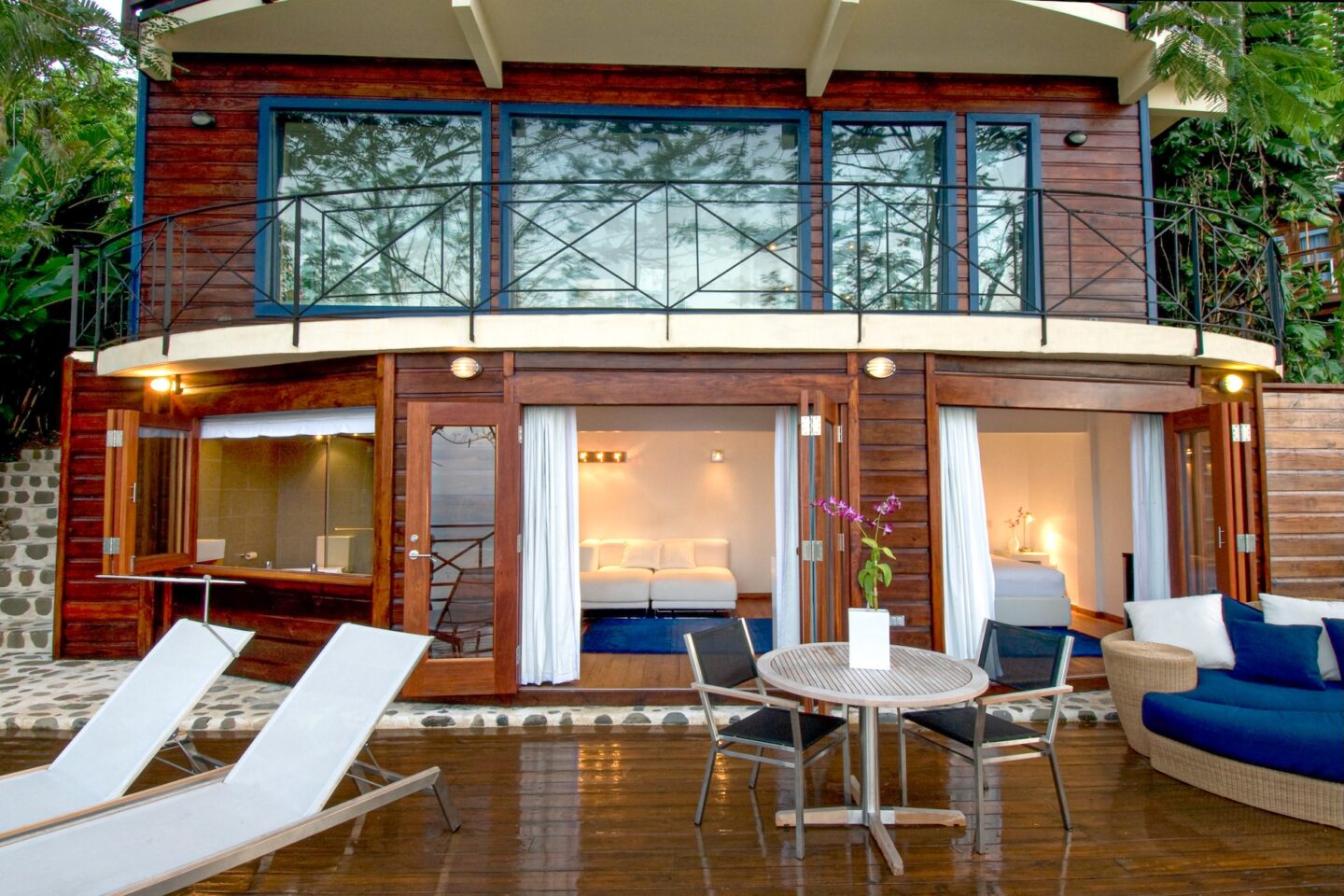
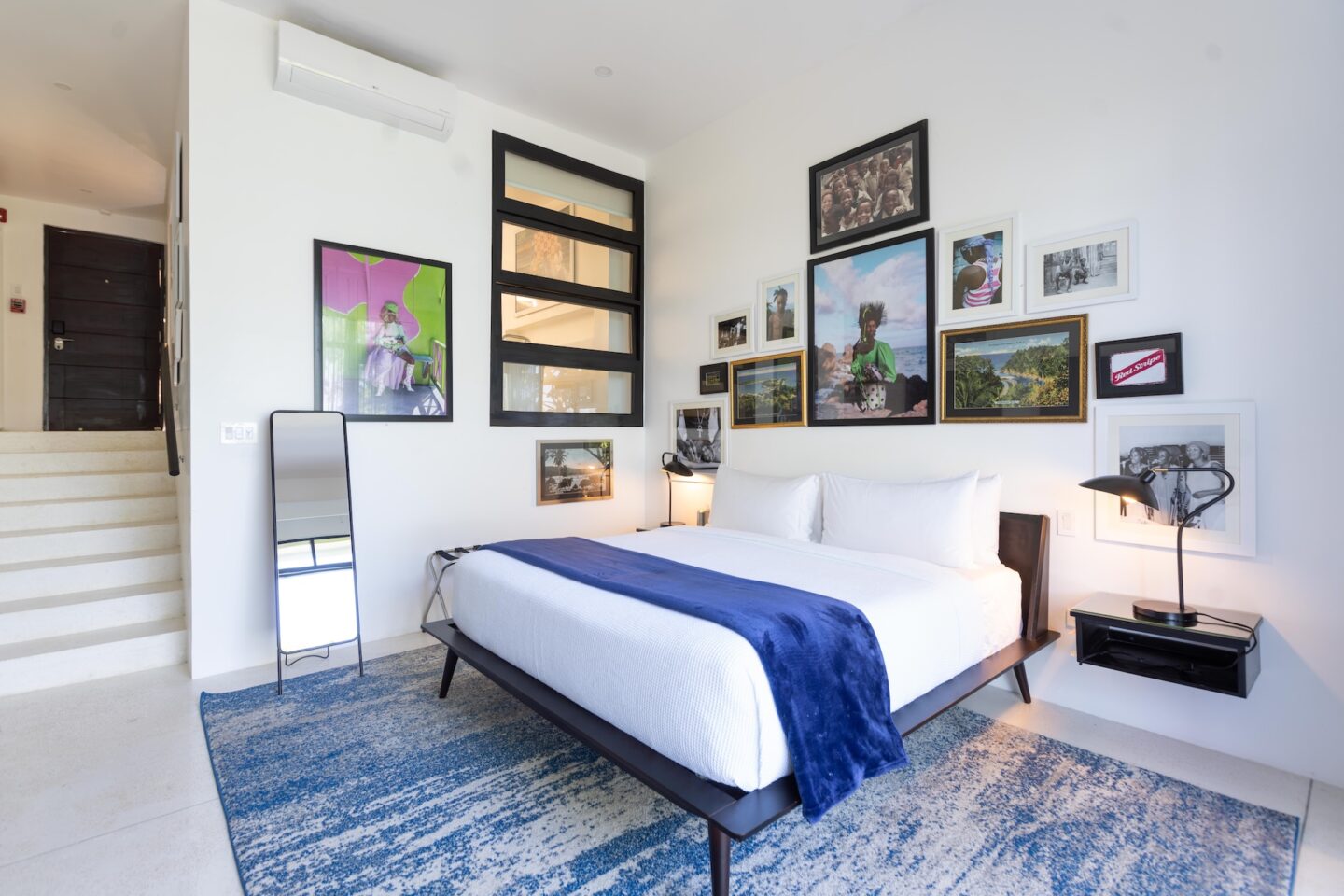
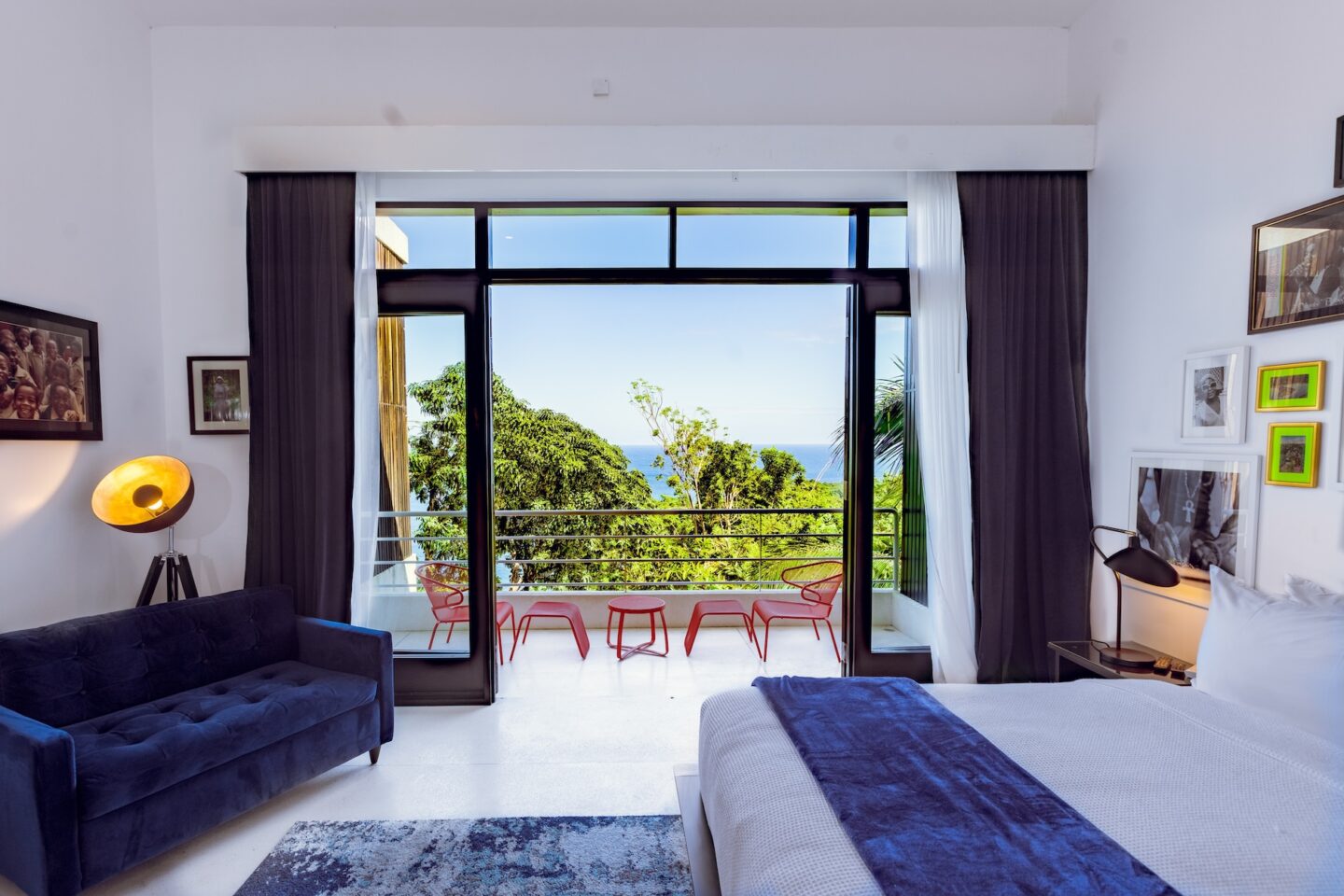
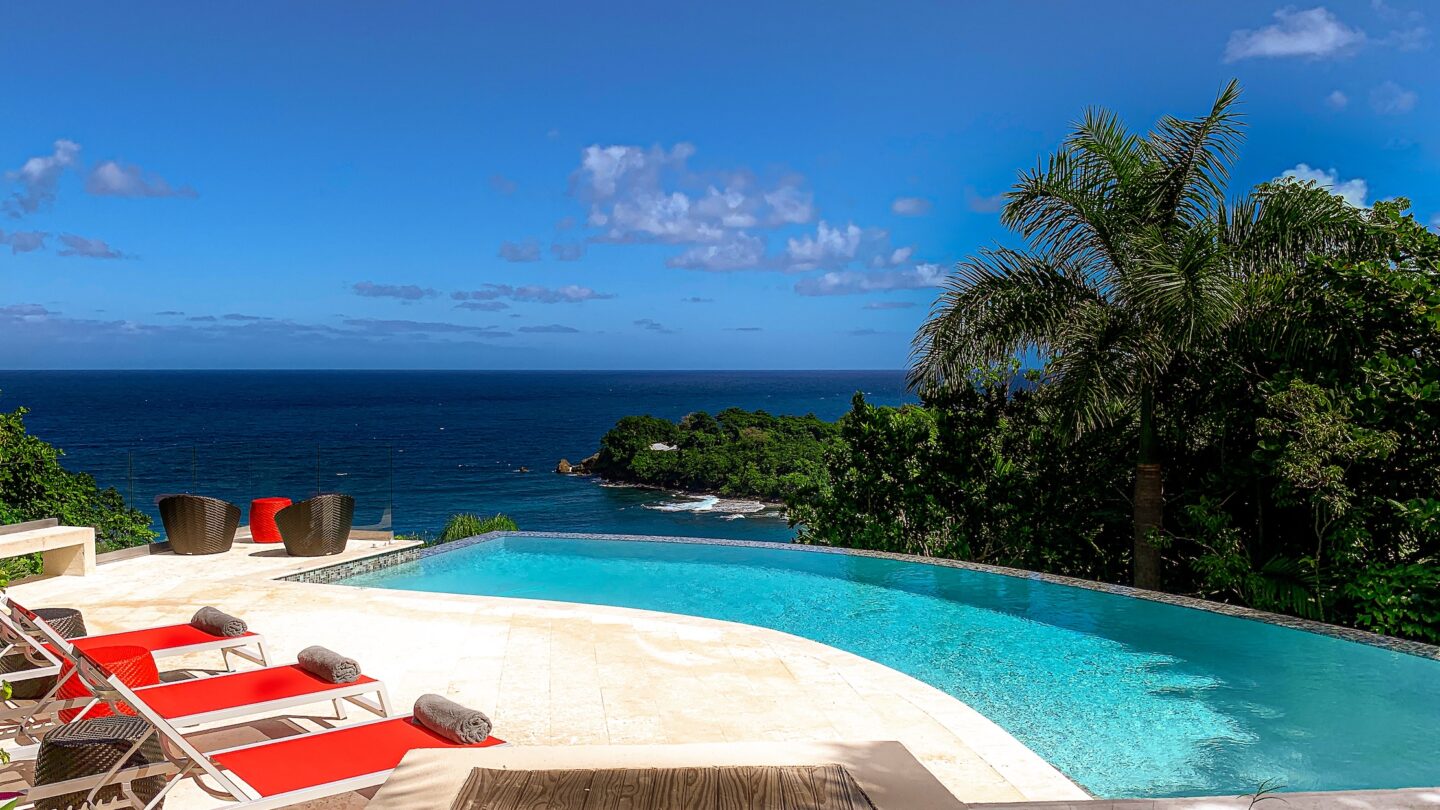
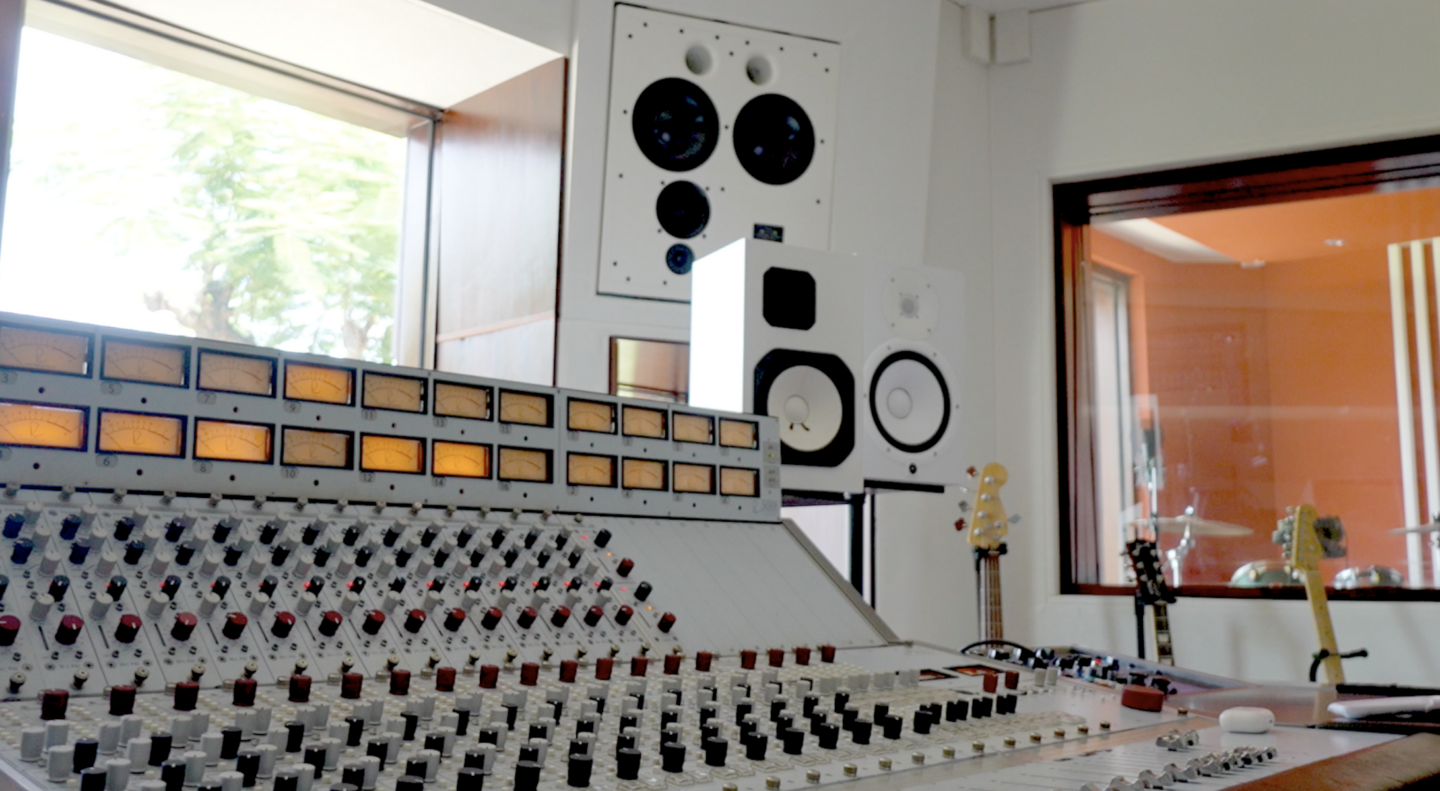
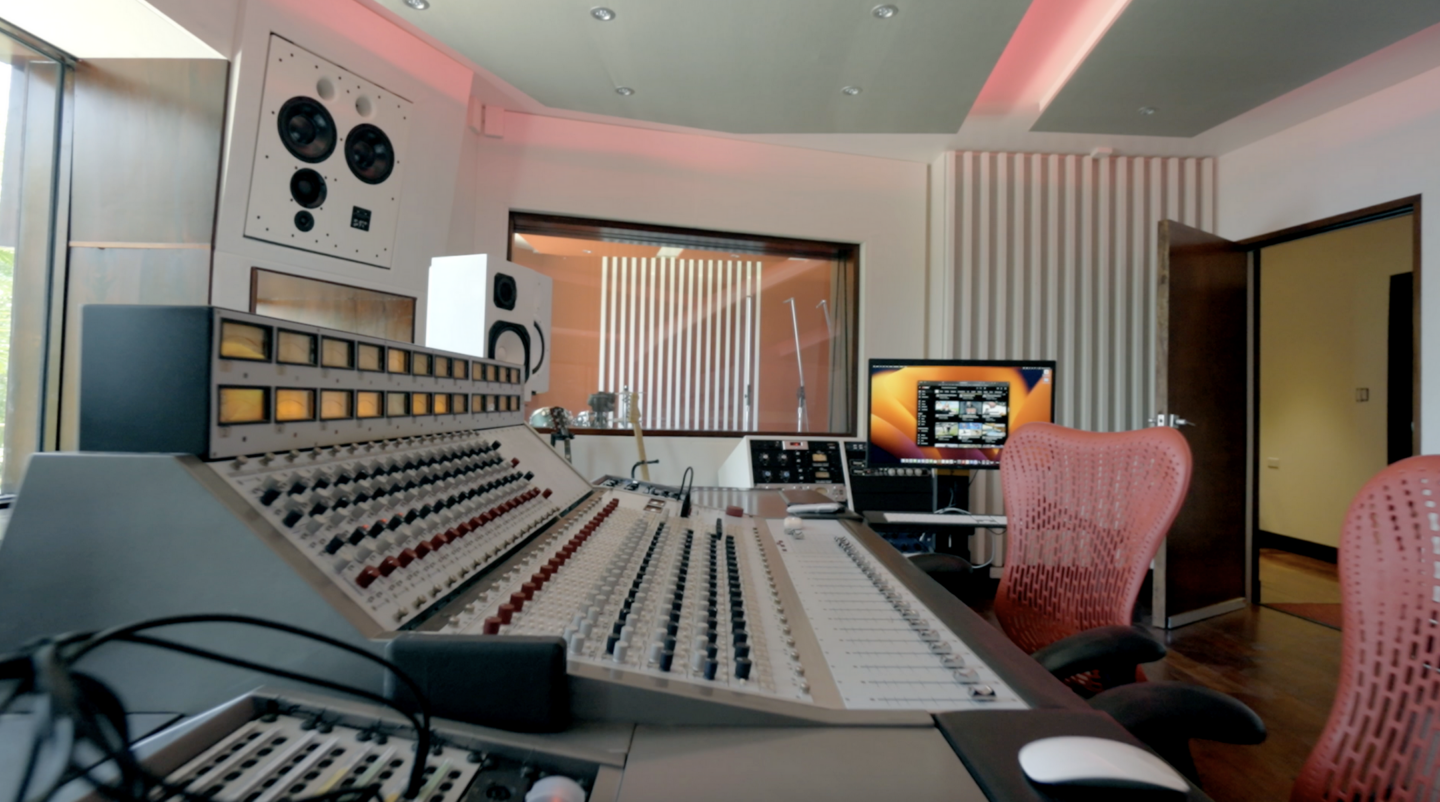
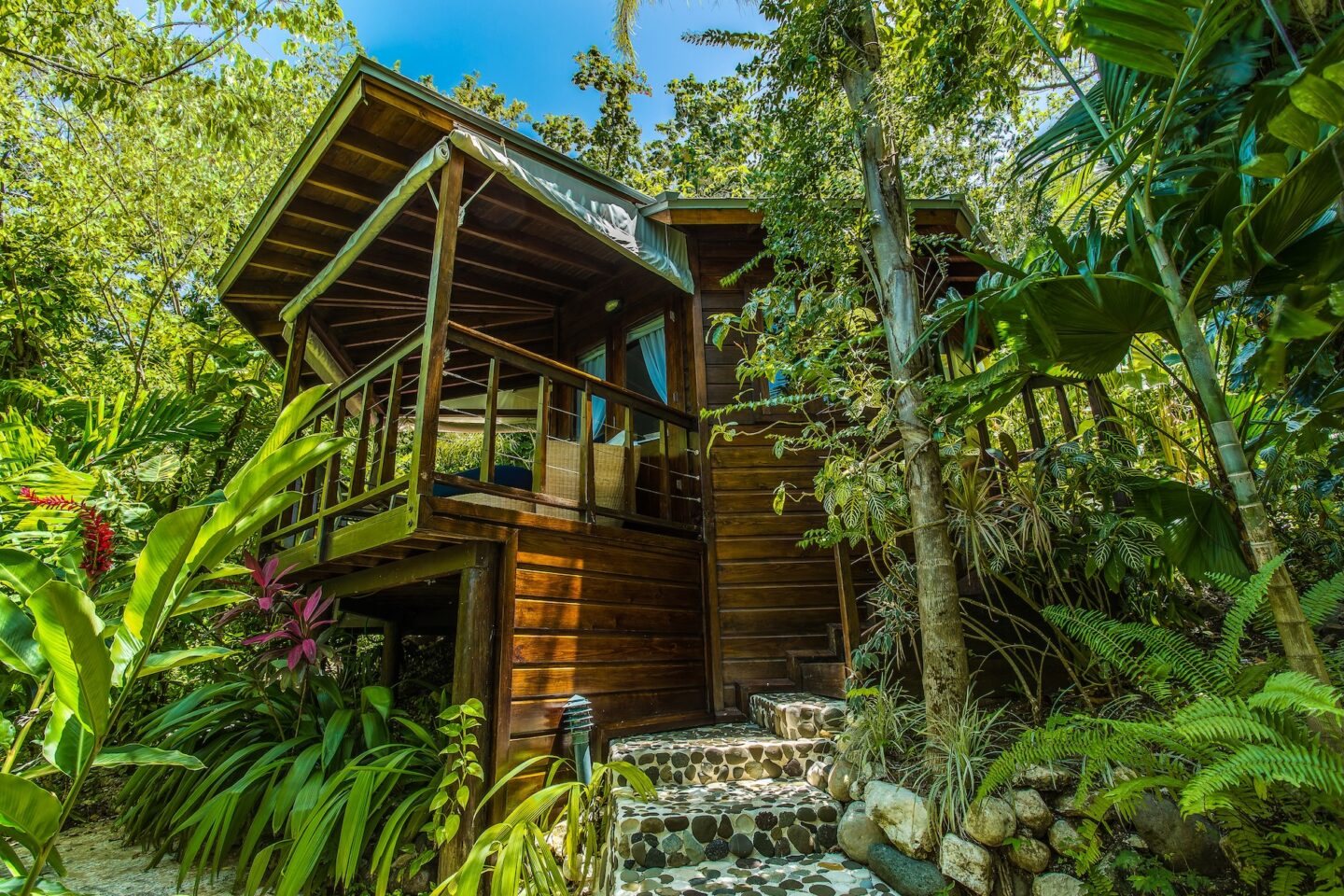
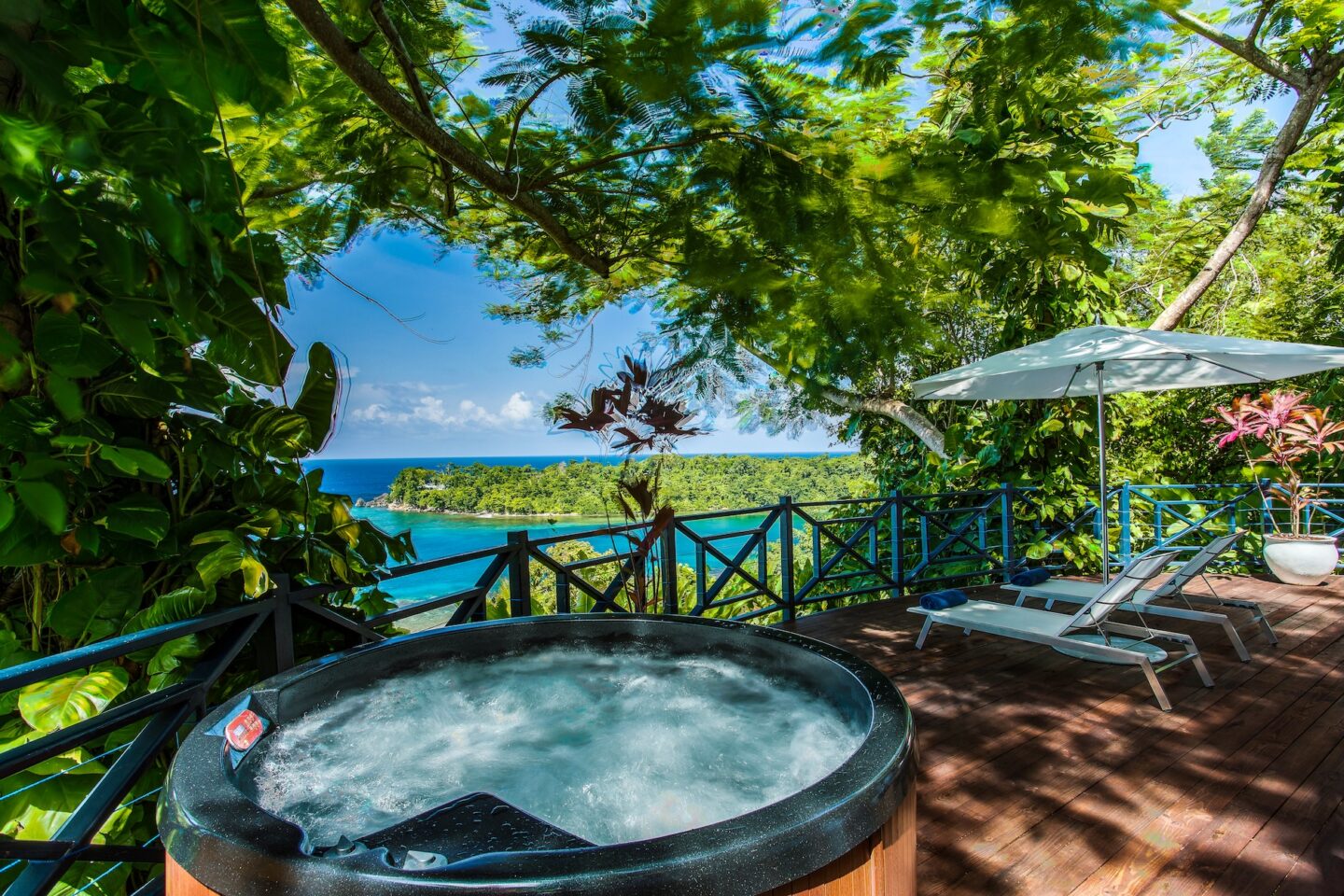
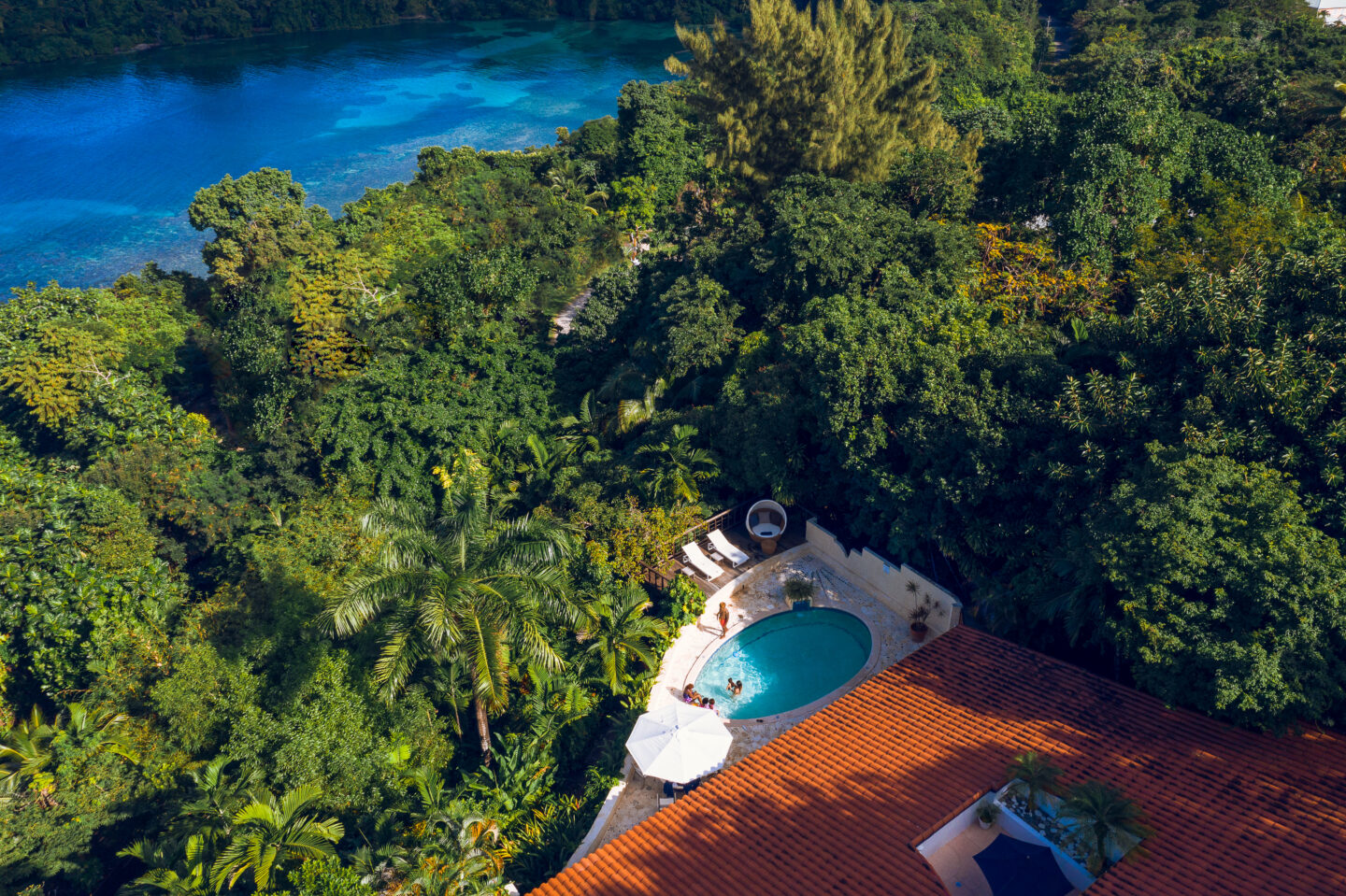
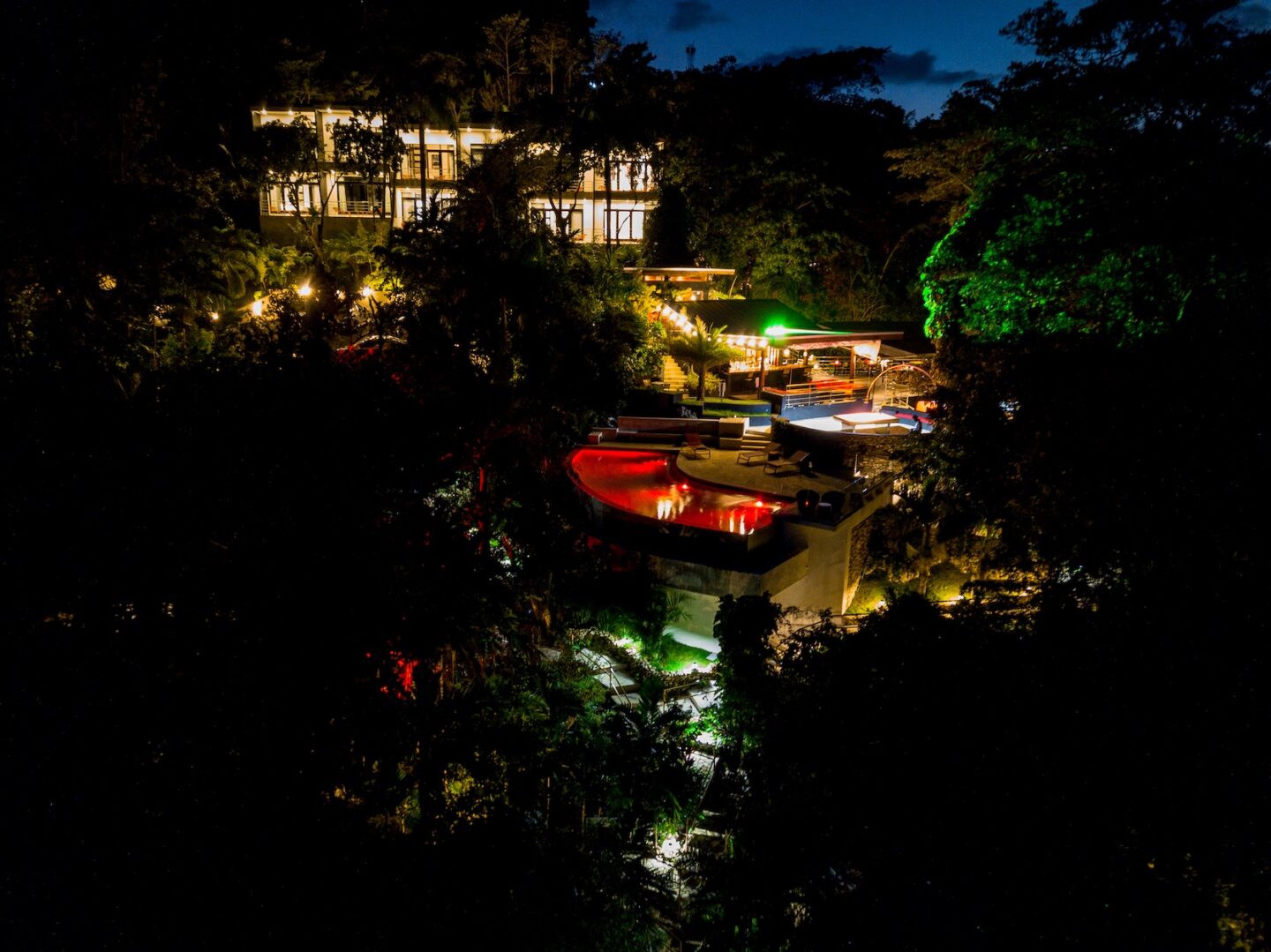
Give Love, Get Love: How Jamaica’s Geejam Hotel Births Culture for More Than 17 Years
With Gee Street Records, hip-hop and dance music pioneer Jon Baker launched one of the first international hip-hop record labels in 1999. In an old warehouse on London’s Gee Street, he bought a Tascam 16-track machine and a small mixing board — the rest was history. After a dazzling career in New York and London, Baker relocated to Jamaica in 2002, reinventing himself from the ground up. A raw piece of land in Jamaica’s lush northeast parish, Portland, became the birthplace of Gee Street transforming into GeeJam — a one-of-a-kind creative haven fusing music, art, media, and fashion. Together with music industry veteran Steve Beaver — founder of Beaver Music, a Hong Kong-based Eurobeat label, and Beaver Records, which promoted reggae and dancehall artists like Luciano, Beenie Man, and the first releases of Kimani Marley — the duo laid the foundation for Geejam Studios. In 2008, their creation evolved into Geejam Hotel, a cultural sanctuary that has welcomed global icons like The Rolling Stones, Amy Winehouse, Gorillaz, Rihanna, Kendrick Lamar, Snoop Dogg, Drake, and Alicia Keys, many of whom have recorded some of their most iconic tracks here. But GeeJam isn’t just an international celebrity magnet. It also attracts a new generation of Jamaican musicians and producers. While the country’s music industry has shifted dramatically with the rise of digital technology — leaving only a handful of major studios, mostly in bustling Kingston — Geejam remains one of the few deeply rooted and internationally connected studios on the island. It is a place that fuses global reach with authentic, local soul. That can be felt to the bones in its famous recording studio. Its original design was done by Tkae Mendez, who was also the engineer and designer who had built Wu Tang Clan’s 36 Chambers Studio in New York. Baker met him through RZA, with whom he did the albums for Gravediggaz and Bobby Digital.
A VERY SPECIAL HOME
The secret behind Geejam might be its holistic curation: Jon Baker sees himself more as a curator than a hotelier — someone who intuitively solves problems, steers the creative ship, and does whatever it takes.
“I treat it more like managing a band than running hotels,” he says.
The guiding principle behind what is now considered one of the top five luxury hotels in Jamaica — and one of the leading residential recording facilities in the Caribbean and the Northeast Americas — is refreshingly simple: no distractions, no artificial constructs, just raw authenticity, serenity, tasteful luxury, and maximum privacy.
Geejam transports its guests and artists from their usual environments into one of the most inspiring settings on Earth. Nestled in the hills of Portland, Jamaica’s lushest and most cinematic parish, about 90 km from Kingston, GeeJam spans four properties, including three private villas. Sanwood, originally Baker’s own home, was designed by British architect Anthony Wood. There are also twelve guest rooms, three deluxe cabins named Ska, Rocksteady, and Mento, a junior suite named Drum & Bass, and a private beach, of course.
The Rumba Rooms, designed by award-winning studio Atelier Vidal, are named after — and decorated with — icons of Jamaican music such as Toots and the Maytals or Sister Nancy. Inside, you’ll find colorful prints of local scenes, black-and-white portraits of legendary musicians, posters of classic club nights, and design gems like the Eames Lounge Chair. Some surprises are hidden around the property — including a few leftover pieces from street artist and activist Banksy. The elusive artist used to stay at the property before it became a hotel and gifted Baker some paintings before he rose to fame. When the 2008 recession hit GeeJam hard, auctioning those Banksy pieces helped keep the hotel alive for another year.
MEETING JON BAKER

“You made it to Portland. Congratulations, not many people know about this place.” Jon Baker sits in the garden of his villa-office, just a few minutes’ drive from GeeJam. Dressed in a black T-shirt and iconic gold-framed Cazal aviators reminiscent of Run DMC, Baker exudes effortless cool. For a moment, my mind races with images — this man must have lived a life most of us would love to experience for just one day.
I was lucky to catch him between meetings. As I take a deep breath, I realize I’ve not only made it to one of Jamaica’s most stunning regions, but also to a place where cultural history continues to be written. Entering Geejam feels like diving into a lucid dream — the kind of mushroom trip you don’t want to end.
“This place,” adds Steve Beaver later, with a grin, “is not somewhere you stumble upon. You don’t end up at Geejam by accident. It has to be like the best sex you’ve ever had.”
Geejam is rooted in soulful culture, much like Jon Baker’s life. It’s about crafting the perfect dish — fusing music, art, design, and a generous dose of passion.
“So, you’re from Berlin?” he asks. I can see memories flickering behind his eyes.
“I actually brought the Berlin scene to New York, back in the early ’80s. That was when we were all hanging out with Madonna — she was a bartender then — and Basquiat. Everyone was there. I have great memories of Berlin. One of my best friends, DJ Fetisch, still lives there. He’s super creative — a real fashionista.”
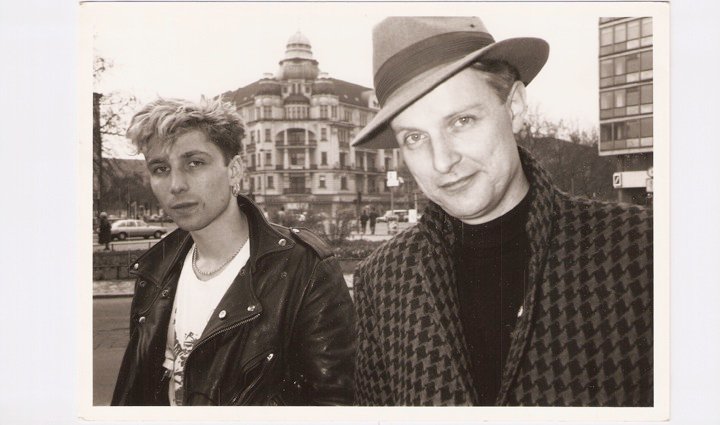
Jon Baker: I was already in New York, immersed in hip-hop around 1980, but had to return to Europe — so I flew to Berlin. Through friends, I met a circle that included Fetisch and German actress Nicolette Krebitz. I invited them to New York. They came. I pitched a concept to the Danceteria club owner: “Berlin Nights.” Booked the flights, the hotels — the rest is history. Half of them stayed in New York for the rest of the ’80s. No computers back then, no strict immigration. It was a different time. I visited Berlin a lot after the wall came down — always fascinating.
Jon Baker: Yes, one of the first UK hip-hop labels. In 1990, I moved it to America and partnered with Island Records. In ’96, I bought it back and started V2 Records — with an office in Berlin. So I went there a lot.
Jon Baker: Everyone thought I was mad. But it was actually my former wife — half German, half Jamaican — who introduced me to Portland. She ran one of the first cutting-edge model agencies in Jamaica, Z Agency. We came here, and the energy just stayed with us. I dreamed of a holiday home. Careful what you wish for, right? Now I’ve got a hotel — and a big headache (laughs). But music? Music’s still my thing.
Yeah! Got expelled from boarding school, went to Chelsea School of Art in ’76 — smack in the middle of King’s Road punk scene. Dropped out, started printing T-shirts, and landed in the Billy’s and Blitz new romantic scene. Did fashion, photography, worked with Spandau Ballet — that took me to New York, where I discovered hip-hop and black music. My label launched Stereo MCs, Jungle Brothers, Queen Latifah, Richie Rich… Later I partnered with Chris Blackwell, moved to New York, and signed PM Dawn, RZA, Doug E. Fresh. It was a wild ride — until the industry imploded in the late ’90s. Greed, piracy, the birth of the internet… but that’s evolution.
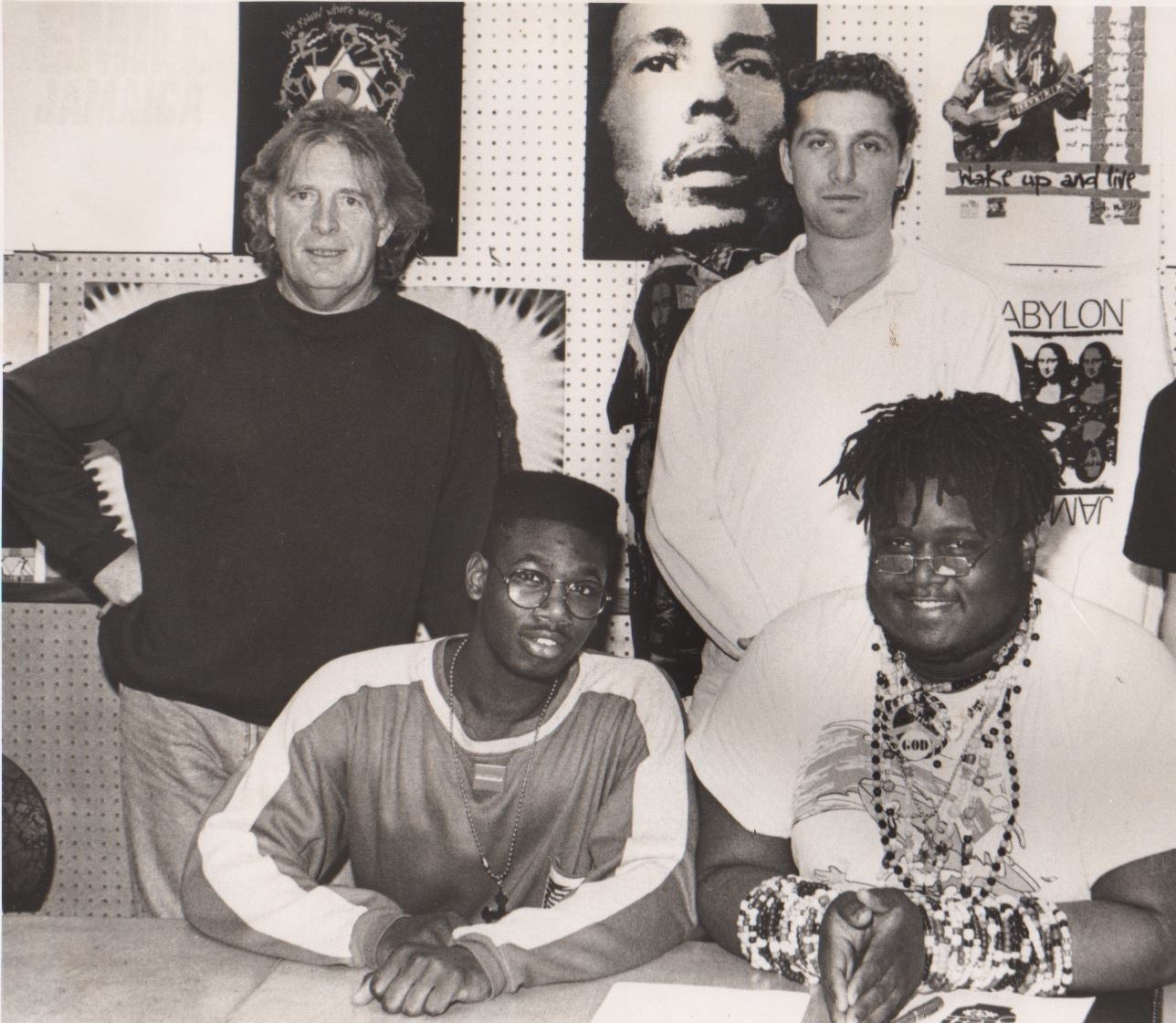
We pause as Baker takes an urgent call. I still have a million questions — like: what’s the next big thing in Jamaican music?
“Trap dancehall,” he says. “It’s anarchic, wild, hated by the elders — but they don’t care about international crossover. It’s lo-fi, but fascinating. I also love the new reggae wave — Chronixx, Jesse Royal, Protoje. But there’s no real artist development anymore. It’s all algorithms now. Back then, I signed bands because I felt them — because I went to a show.”
At boarding school. A Jamaican sixth-former introduced me to Exodus. I didn’t get it at first. When I entered my punk phase, things got super political in the UK. Jamaican artists were fleeing the violence back home. Marley came to London. Punk gigs had Jamaican openers — and vice versa. Roxy Club played both. That was ’76, ’77.
Yes. Honestly, I’m ashamed to be British. Ashamed of how long they buried the truth about empire and slavery. The UK is stuck in a post-imperial hangover. Brexit sealed it. We can’t be guilty for our fathers’ sins — but we can try to set them right


GEEJAM, CONTINUED: WITH STEAVE BEAVER
Later, I join Steve Beaver back at Geejam. His passion and dedication to the place but also the way he interacts with everyone becomes a real experience, just as his studio tour that he offers to guest. Story telling time at its finest.
“Rihanna came for Man Down in 2012,” he recalls. “She needed two rooms — one for her, one for her DOP, a real magician but i only found out later. I had to move some VIPs, including Adele’s manager. He wasn’t happy. I thought, great, we’ll never get Adele now. But two years ago, he came back with another artist. Maybe he forgave me.”
The Gorillaz recently recorded with Bad Bunny. “He forgot his passport, had to send his jet back. Imagine the carbon footprint,” Beaver says, half amused, half horrified.
Even the Rolling Stones finished parts of Hackney Diamonds at Geejam. Their visit coincided with a booked-out wedding. The solution? A nearby unfinished villa — and one condition: Mick Jagger had to sing at the wedding. He did. “That bride,” laughs Beaver, “can never remarry again.”
Steve Beaver: Technically, my home is still Hong Kong. But yes — this is where I live. By being here I want to make sure that everyone leaves with a smile on their face. I mean who spends a couple of hours with their hotel guests in the studio (laughs). My credo in life is very simple, it’s four words: Give love. Get love. This is not an easy place to get to. You don’t come to Geejam one day by accident. You come here because either you heard from someone about us or you read about it. So this place has to be like the best sex you’ve ever had.
Jon is the engine, he is fiery. I’m the calm one. We are like Yin and Yang. It’s been 20 years now…
Yes, that was in 1996. We both had record labels but mine was very different – we were producing high energy dance music. One of my clients was Sony. They asked for a reggae project — I knew nothing about reggae. A friend reminded me of Jon. I flew down to Jamaica and we started working. The project never launched, we didn’t make the deadline and Sony had moved on — so I stayed and made a deal with Jon.
We felt we had something unique with the studio. Something that could be crossroads where all creative industries collide – music, film, fashion, everything. And that is what it is today. But timing in life is everything. With this, we were probably five to ten years too early. We could have saved ourselves an enormous amount of heartache and headaches. You know, my best advice to anyone who wants to become a billionaire in the boutique hotel business is: You start out as a billionaire (laughs). You know, timing in life is everything. I mean, with this, we were probably five to ten years too early.
Yes. I am 71 now, so I am a boomer. For all these kids in their 40s and down, everything works completely different. Us, we wanted to own property, own cars, own this and that. The Gen X though, they just want the experience. That’s why this can’t be just another hotel.
Yes, I guess I was destined to work in music, I knew by the age of 15, that was the only thing I wanted to do. I didn’t care if I ever made a dime or not.
I want to push health more. The water here is full of minerals — like a mini Dead Sea. Also: it is shocking that black children are disproportionately likely to drown. This is going to self perpetuate from generation to generation unless we do something about this. I want swimming to be mandatory in Jamaican schools. We can break the cycle. I’m thinking about starting a foundation.
My advice? If you want to be a billionaire hotelier — start out as a billionaire (laughs). We’ve created a magic spot so if this ends up being my legacy to the planet, that is quite ok, I’d say.
I am. But it took time. Once, Chris Blackwell saw my phone — no Bob Marley on there. He said: “Fix that.” Today, 50 years later, Marley’s music still sounds timeless. That’s real greatness.
As I make my way back to my Villa Rasta, I’m already looking into changing my flight. I text my friend: Portland has my heart, I don’t want to leave again. This is but a dream.

Echoes and Edges: Caroline Polachek steps into new soundscapes
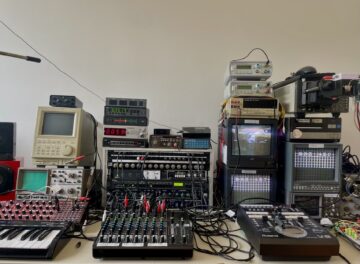
"we have to use this finite time we’ve been given. At some point it’s over, or maybe…
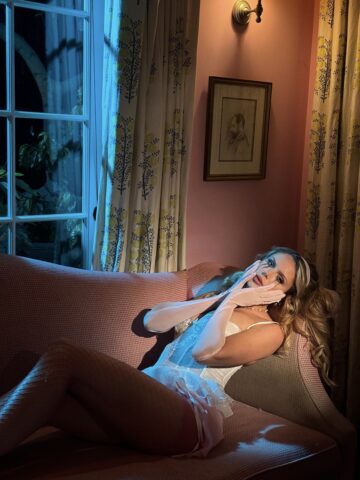
Eli Preiss continues to cement her place as one of the most compelling new voices. With…